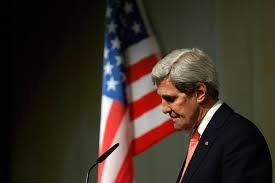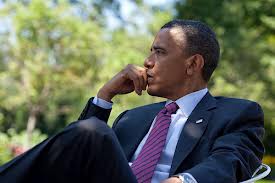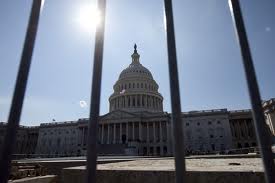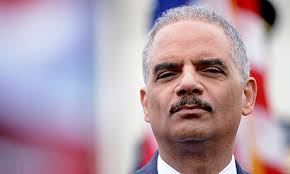The American Dream’s Unlikely Champion: The Congressional Budget Office
– Christopher Carroll
The Obama administration isn’t doing Tuesday’s Congressional Budget Office report justice. It’s time to champion it as a victory for the Affordable Care Act and for the American standard of living.
Contrary to Republican claims that the C.B.O anticipates the A.C.A to “kill” two million American jobs, the report details their expectation that there will be two million fewer Americans working. The distinction between the two is important. While the Republican claim implies that the A.C.A will take jobs away, the non-partisan C.B.O anticipates that there will be 2 million fewer Americans choosing to participate in the workforce. In other words, the C.B.O estimate is an analysis of labor supply, not job demand.
The difference is elemental and makes the C.B.O report one of good news rather than ill. The report is projecting a trend that points to an increase in the standard of living, welcome news for generations of Americans who will likely see a decline from the living standards of their parents and grandparents. The Affordable Care Act, in the opinion of the Congressional Budget Office, will both insure more people and allow them to choose not to work in jobs that they don’t want simply to keep their healthcare coverage.
Improvement of the standard of living is part of what is frequently referred to as “the American Dream.” Americans and immigrants live in this country not only with the hope of creating the lives they want for themselves, but also of providing the opportunity for their children to have a better life than their parents. Today, with the failure of pension systems, a lackluster economy that in the long-run may never grow at more than 2.2%, high underemployment, and exorbitant education costs, the least society can do is help provide affordable, if not free, healthcare.
****
Any indication that the Affordable Care Act is achieving higher standards of living should be championed, not feared, excused or ignored. Championing its successes will be difficult but must be done before the mid-term elections.
The Obama administration must give incumbent democrats on the Hill ammunition to fight the A.C.A related onslaught they will undoubtedly face during a tough election cycle. As Chris Cillizza wrote in a piece for the Washington Post, the positive substance of the C.B.O report is easily drowned out in Republican attacks. It will be incumbent on the President to lead the counter charge (and allow the country to address the real problems in the C.B.O report, like the anticipated anemic long-term growth of the American economy).
Following the botched roll-out of the A.C.A, the dysfunctional performance of some state health care exchanges and the fact that some Americans will pay more for insurance, ignoring the fact that American lives will improve as a result is nothing short of political negligence. Failure to draw attention to this side of the C.B.O report could cripple the futures of democrats on the Hill and with them the future of healthcare reform and the rest of President Obama’s agenda. If defense of the American Dream can’t bring the administration to fight, maybe nothing can.
Filed under: Health Policy/Affordable Care Act, Mandate to Debate - policy discussion, Uncategorized | Tagged: A.C.A, Affordable Care Act, Congressional Budget Office, Economy, Standard of Living | Leave a comment »



















































